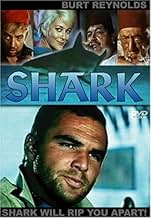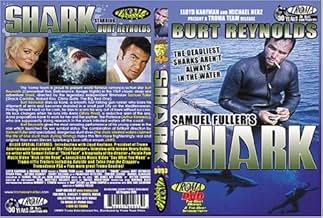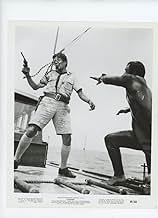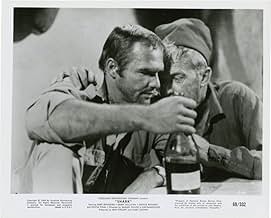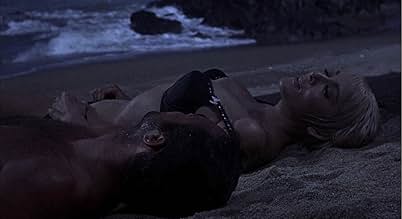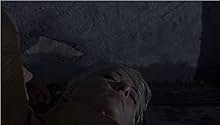A gunrunner loses his cargo near a small coastal Sudanese town so he's stuck there. When a woman hires him to raid a sunken ship in the shark-infested waters, he sees a chance to compensate ... Read allA gunrunner loses his cargo near a small coastal Sudanese town so he's stuck there. When a woman hires him to raid a sunken ship in the shark-infested waters, he sees a chance to compensate for his losses. He's not the only one.A gunrunner loses his cargo near a small coastal Sudanese town so he's stuck there. When a woman hires him to raid a sunken ship in the shark-infested waters, he sees a chance to compensate for his losses. He's not the only one.

